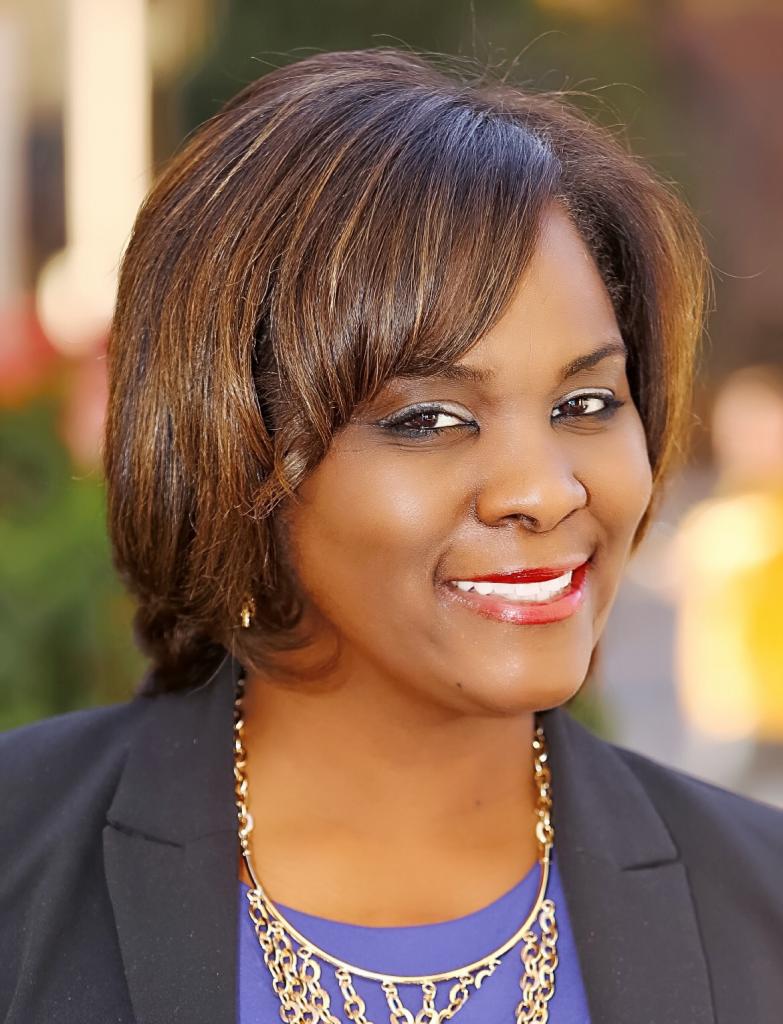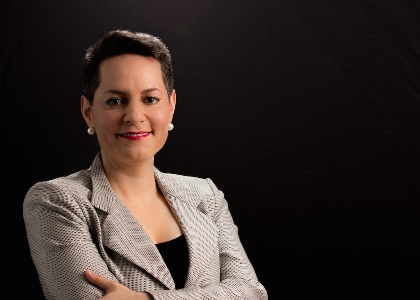TechTank: ‘Signalgate’ and the use of commercial apps in government
Published by The Lawfare Institute
in Cooperation With

On March 15, the United States carried out strikes in Yemen reportedly killing dozens of people. On March 24, The Atlantic published an article revealing that its editor in chief, Jeffrey Goldberg, was inadvertently added to a group chat where high-ranking national security officials shared plans for the strikes. Goldberg was invited to a group chat on the commercial messaging app, Signal, by national security adviser Mike Waltz. Upon accepting, he was included in a chain with Defense Secretary Pete Hegseth, Vice President J.D. Vance, and Director of National Intelligence Tulsi Gabbard, among several other high-level officials in the Trump administration.
Signal, which is operated by a nonprofit and provides end-to-end encryption for users’ messages, is considered one of the safest messaging systems for the public, but it is not recommended—or in some circumstances not approved—for government officials’ communication of sensitive information. But this leak is the latest in a long-running series of events surrounding privacy and security of government information, leading to questions about how this is being considered under the second Trump administration.
In this episode of the TechTank Podcast, co-host Nicol Turner Lee speaks with Brookings fellows Stephanie Pell and Scott Anderson about these implications, possible shifts or concerns in cybersecurity, and how the government can ensure its information remains secure.
Listen to the episode and subscribe to the TechTank Podcast on Apple, Spotify, or Acast.





